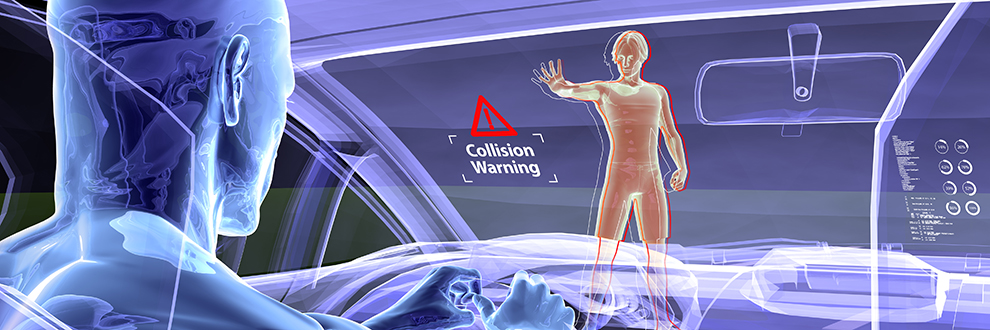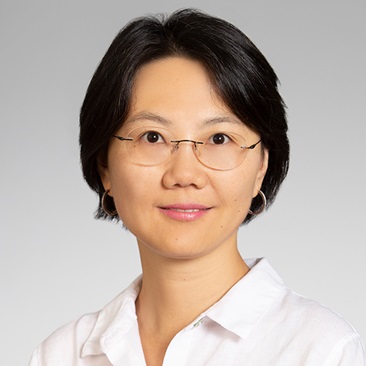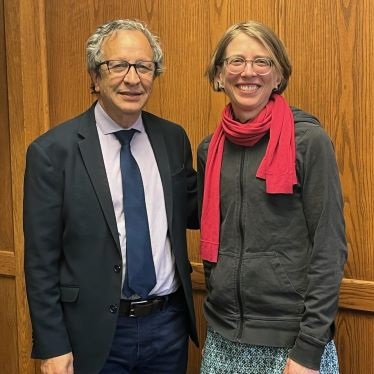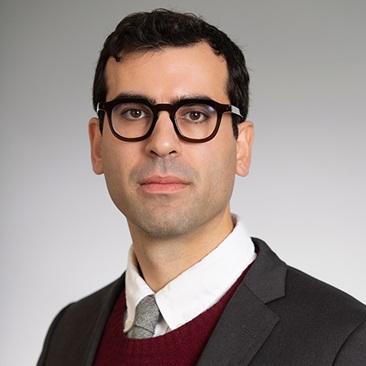SU establishes new institute for autonomous systems policy
May 3, 2019
 SYRACUSE, NY, May 6, 2019 — From
self-driving cars to drone delivery systems, from robotic underwater vessels to
smart-home technologies, the increasing reliance on autonomous systems
poses complex social, ethical and legal questions that demand
interdisciplinary, multi-faceted research. At Syracuse University’s inaugural Autonomous
Systems Policy Symposium, Chancellor Kent D. Syverud today announces the
establishment of a new institute devoted to research and teaching in this
burgeoning and rapidly evolving field.
SYRACUSE, NY, May 6, 2019 — From
self-driving cars to drone delivery systems, from robotic underwater vessels to
smart-home technologies, the increasing reliance on autonomous systems
poses complex social, ethical and legal questions that demand
interdisciplinary, multi-faceted research. At Syracuse University’s inaugural Autonomous
Systems Policy Symposium, Chancellor Kent D. Syverud today announces the
establishment of a new institute devoted to research and teaching in this
burgeoning and rapidly evolving field.
“The Autonomous Systems Policy Institute will leverage the policy leadership expertise of Syracuse University’s top-ranked Maxwell School of Citizenship and Public Affairs. In concert with experts from across all of Syracuse University’s schools and colleges, the institute will address an urgent societal need while providing opportunities for research and student experiences that cross disciplines,” says Syverud.
View the Chancellor’s Opening Remarks and Symposium Keynote
ASPI’s approach to researching the societal impacts of autonomous systems is novel in two important ways: its true interdisciplinarity — across the social sciences, natural sciences, and humanities, as well as the professional schools such as engineering, law, communications, and business — and its broad definition of autonomous systems.
“Cities, social systems, laws, economies, nations, and ecosystems won’t adjust to new autonomous technologies one at a time. Instead, they will have to find ways to accommodate multiple autonomous systems — developing at different speeds and regulated in different ways — concurrently,” says the Maxwell School’s Professor of Geography Jamie Winders, who will direct the new institute. “The Autonomous Systems Policy Institute uses this complex mix as its starting point. We can’t effectively understand complicated issues by studying transformative developments in isolation. We can only offer effective solutions when we consider the complexity of those issues.”
Among other themes, the new Institute will address questions like: What and whose values should be baked into the artificial intelligence systems driving autonomous systems? Where should drone “highway” go, and what are the implications of such highways? In a world of autonomous vehicles, what should the legal definition of driver be? How can urban, suburban, and rural communities plan for the period of “cohabitation” of autonomous and piloted vehicles? What new social divides will the adoption of autonomous systems create, and what old ones might it help solve?
The May 6 symposium brings together a wide range of scholars, policymakers, and industry professionals to deliberate three questions that will provide valuable insight to help inform the institute’s initial priorities: What are the most exciting, the most challenging, and the most pressing issues facing the public in the design, governance, and impacts of autonomous systems?
Follow on Twitter May 6: #ASPI #exciting #challenging #pressing
According to symposium keynote speaker Travis Mason ’06 BA (PSc), VP and Head of Regulatory and Certification, Urban Air Mobility, Airbus, “The technology of autonomous systems has advanced far beyond the existing policy and legal frameworks at almost every level of government. Yet, the field of academic research into the policy implications is only just beginning to emerge.”
A review of offerings by major U.S. colleges and universities found fewer than 40 programs, centers, or initiatives doing regular work in this area, mostly focused on transportation and aerial vehicles, and many from an applied standpoint. Few, or none, are focused on the full landscape of autonomous systems and the broader societal implications in the way that this new institute will be.
“In establishing this new interdisciplinary institute, we are making every effort to ensure that we not only leverage Syracuse University’s strengths in ways that will truly maximize their impact on the public good, but also match them to the most pressing challenges and the greatest unmet needs,” says Winders. “We see this as an opportunity and a responsibility to create an unparalleled experience for our faculty and students to immerse in cutting-edge research and to help shape the policy, legal, and ethical frameworks guiding the proliferation of autonomous systems.”
About Syracuse University
Syracuse University is a private, international research university with distinctive academics, diversely unique offerings and an undeniable spirit. Located in the geographic heart of New York State, with a global footprint and nearly 150 years of history, Syracuse University offers a quintessential college experience, as well as innovative online learning environments. The scope of Syracuse University is a testament to its strengths. At Syracuse University, we offer a choice of more than 200 majors and 100 minors offered through 13 schools and colleges and 18 online degree programs. We have more than 15,000 undergraduates and 7,500 graduate students, more than a quarter of a million alumni in 160 countries and a student population from all 50 U.S. states and 123 countries. For more information, please visit http://syracuse.edu.
Related News
Commentary

Apr 13, 2024
School News

Apr 10, 2024
Commentary

Apr 5, 2024
Commentary

Apr 3, 2024